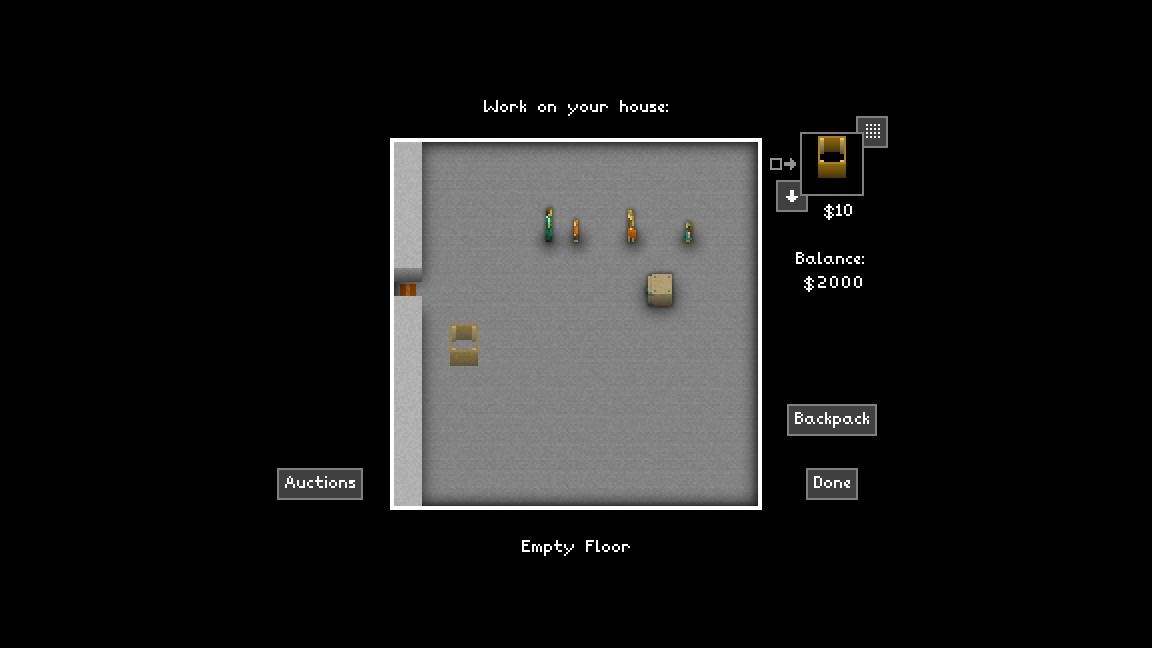"Sales screw your fans" says indie dev
Castle Doctrine creator Jason Rohrer says sales are bad for players and developers alike; plans to employ an "ever rising" model for his new game.

Independent developer Jason Rohrer believes game sales are bad for players and developers alike. In a lengthy and detailed blog post concerning his new game The Castle Doctrine, Rohrer outlined his thinking and explained why he plans to increasingly charge more for his latest game.
"To put it bluntly: sales screw your fans," Rohrer said. "Your fans love your games and eagerly await your next release. They want to get your game as soon as it comes out, at full price. But they are foolish to do that, because a sale is right around the corner."
Rohrer explained that sales can create a scenario where players who just paid full price for a game might feel like they've been taken for a ride. He further argues that because sales have become so commonplace (Valve itself runs five sales annually), the gaming community is now encouraged to hold off on their purchase until a sale pops up.
"This waiting game is likely decimating your player base and critical mass at launch by spreading new players out over time," Rohrer said. "And your fans, who are silly enough to buy the game at launch and waste money, get to participate in a weaker, smaller player community."
In addition, a culture of frequent sales can lead to a no-win situation for developers, he argued. Although developers can choose whether or not to put their game on sale, when so many other creators discount their games, you have to do the same to compete, he said.
Rohrer's own game, The Castle Doctrine, will employ an "ever rising" pricing model inspired by Minecraft, which increased in price throughout its transition from beta to full game. You can buy the game today, in its alpha state, for $8. During launch week on Steam you can get the game for $12, and after that, you'll pay the full $16 for the game.
"The rising price model is really just an inversion of the sales model," Rohrer said. "You get revenue spikes later in the life of the game, right before announced price hikes, which are very similar to the spikes induced by putting a game on sale. But there are no surprises, so no one feels screwed by the process."
"Anyone feel burned by that plan?"
Got a news tip or want to contact us directly? Email news@gamespot.com
Join the conversation